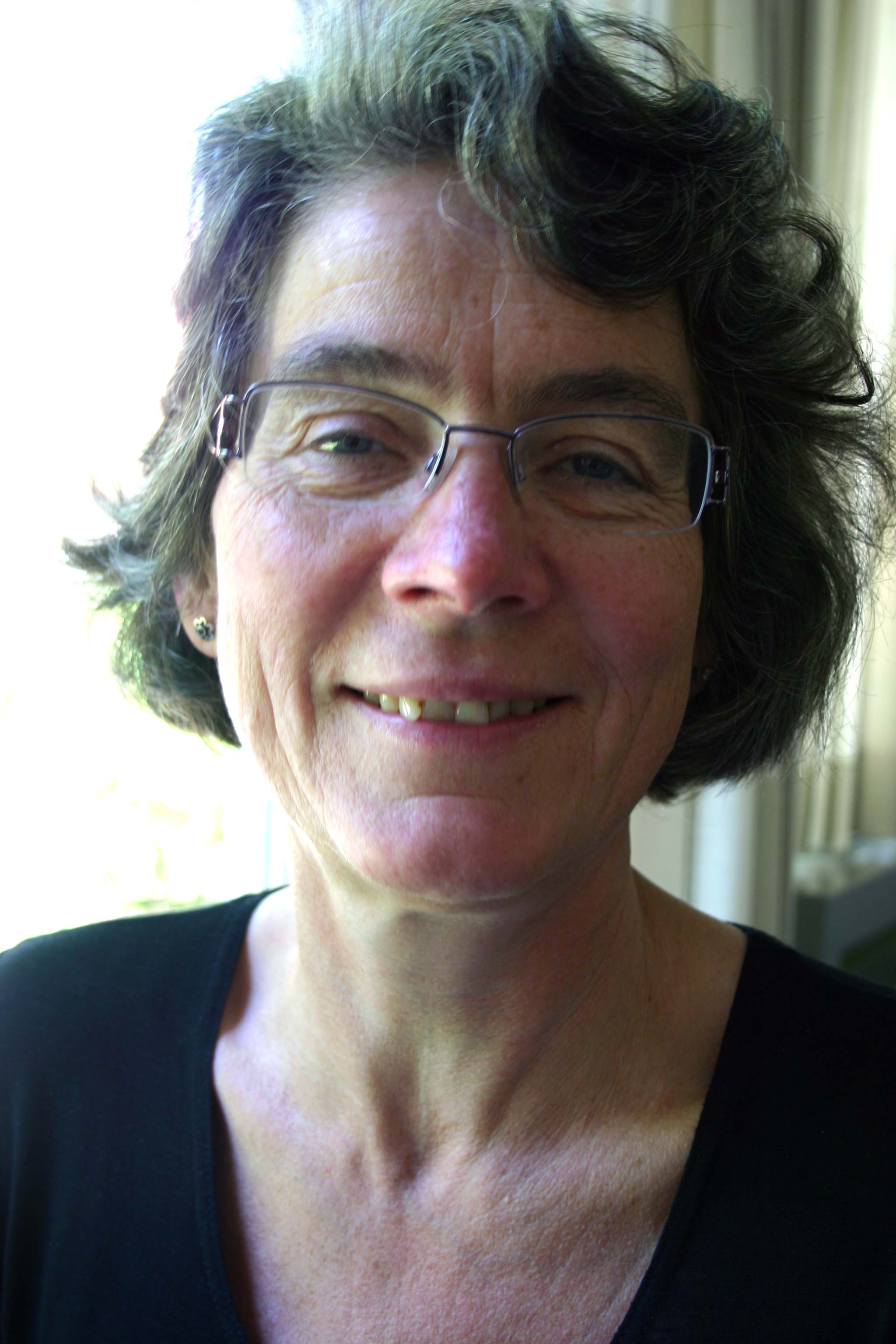Two new associate professors in Department of Food Science
The Department of Food Science strengthens its workforce and its position in the research landscape with the appointment of two associate professors.

Research in milk – and in food in general – at Aarhus University will be strengthened with the appointment in the Department of Food Science of two associate professors. Trine Dalsgaard and Mette Krogh Larsen have previously been employed as postdocs, but now their job titles have changed to associate professor.
This has implications both for the department and for the two scientists, and the department strengthens its position in the research landscape on several fronts: The appointment increases the focus on the area, it increases its capacity to mentor graduate students and to teach on the Master's programme, and it retains the scientists’ research expertise at Aarhus University.
Grith Mortensen, section manager at the Department of Food Science, states:
- The appointment of the two associate professors whose primary research area is milk is an indication of the level of activity in this area. It is also a signal that the department wishes to continue its strong research relationship with the dairy industry on the quality of raw milk and how the finished products quality is affected, among other things, by the processing at the dairy.
- The fact that I'm tenured associate professor means that I now can develop my research field for the longer term and am better able to participate in the discussion and planning of future experiments. I am now also allowed to be a PhD supervisor and I am a stronger card for future applications for research funds, says Mette Krogh Larsen.
Her colleague, Trine Kastrup Dalsgaard, shares her opinion:
- The fact that I am now an associate professor means that my research will be easier to finance. Until now I have had to use a senior researcher or associate professor as a kind of "straw man" in the applications, but it's not that exciting if the idea for the research project is actually your own, says Trine Kastrup Dalsgaard.
Both new lecturers work with food products but with a strong focus on milk.
Breakdown of fat and protein
45 year-old Trine Kastrup Dalsgaard is an associate professor in oxidative changes in foods. She studies how proteins and fatty acids decompose. She has a Master’s in Biotechnology from Aalborg University and a PhD from Aarhus University, where the focus was on the oxidation of milk proteins and the impact it has on protein structure and their degradability with the proteases present in milk.
Milk contains the highly unstable enzyme, lipoprotein lipase, which gives the milk a bad taste, and this is one of the enzymes Trine Kastrup Dalsgaard has studied in her Master’s degree and which again has become relevant 10 years later in her work at the Department of Food Science. She also focuses on free fatty acids in milk, which is primarily caused by the activity of the lipoprotein lipase and she has recently developed a method to quantify the free fatty acids in milk. (Read the article "Free fatty acid concentrations in milk can now be measured" here).
The decomposition of fatty acids is not necessarily a bad thing. In an EU project that Trine Kastrup Dalsgaard was involved in she looked at whether oxidised fatty acids from waste products from North Sea oil could be used for polymers for industrial use.
Trine Kastrup Dalsgaard's current projects are on the oxidation of milk, milk powder and cheese during storage and processing, the identification of factors in milk that affect the apsorption of fat in adipose tissue, and how the length of the fatty acid chain affects the health of overweight people.
Effect of fatty acids
The third project also involves the other new associate professor, Mette Krogh Larsen.
51 year-old Mette Krogh Larsen is an associate professor in the quality of raw milk, but because of her training as a food scientist she has a wide knowledge of food, all the way from the field or animal house to the later food processing stages.
Her PhD focused on the post-harvest sustainability and quality of fresh strawberries, she has been employed as a team leader in the microbiology laboratory at Steins Laboratorium, and she is happy to take the stand at the Food Festival and tell the audience all about her research.
Mette Krogh Larsen started at the Department of Food Science in 2007. She studies the relationship between cow diet and milk composition and how you can control the composition of the milk through the feed ingredients. This work involves extensive collaboration with scientists from the Department of Animal Science.
It is primarily the composition of fatty acids she studies. She has, for example, examined the effect of different types of fat in the diet on the concentration of healthy and less healthy fatty acids in milk, and she has also researched the importance of different types of silage on milk composition and flavour.
Further information:
Associate professor Trine Kastrup Dalsgaard, Department of Food Science, e-mail: trine.dalsgaard@agrsci.dk, telephone: +45 8715 7998
Associate professor Mette Krogh Larsen, Department of Food Science, e-mail: mette.larsen@agrsci.dk, telephone: +45 8715 8062
